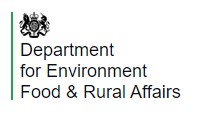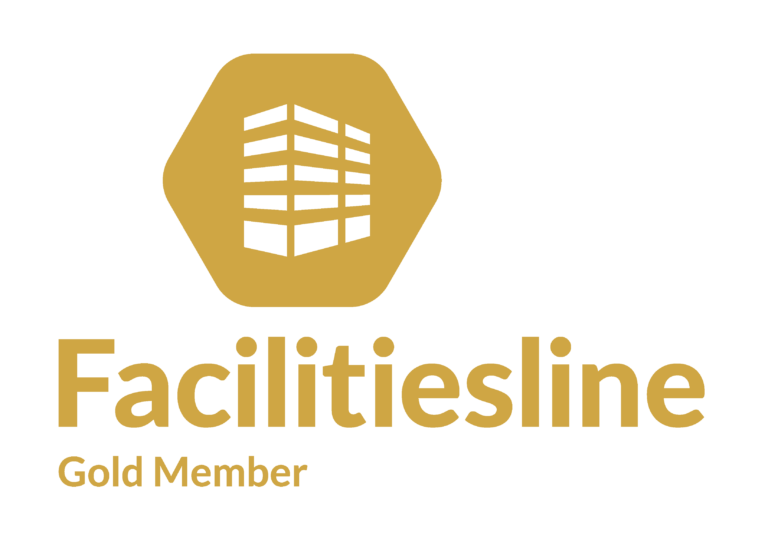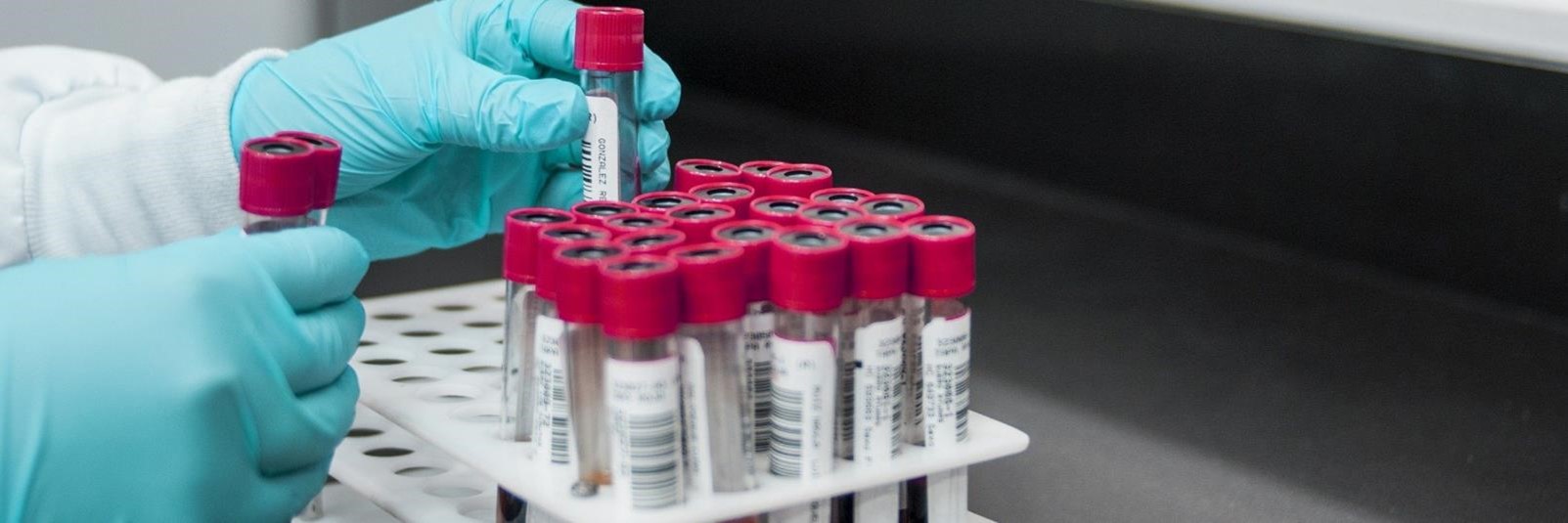Laboratory Waste Segregation
Most businesses produce some waste that is harmful to humans and the environment.
Organisations must follow the relevant regulations for dealing with hazardous / special waste.
This includes assessing each type of material for hazards before segregating, and disposing of it correctly. Laboratory waste should be stored in secure labelled containers.
The correct segregation of Animal By-Products (ABP) in particular, demonstrates strong health and safety governance. Animal by-products from laboratory experiments are classed as category 1 (very high risk) animal by-products.
The Animal By-Products Regulations are aimed at protecting human and animal health and the environment. They contain rules for the collection, storage, handling, processing, use and disposal of animal by-products.
To support this, we can provide best practice training and guidance, along with a range of effective ABP containers. This helps minimise the risk of contamination to staff and others.
Laboratory Consumables and Containers
Organisations must also ensure that laboratory waste is stored and transported in suitable containers, while regularly checking that storage containers are intact and that there is no risk of spills.
Before you reuse, recover, recycle or dispose of waste containers, you must check whether their contents are classified as hazardous/special waste. Read the label on the container or the relevant Safety Data Sheet to help you do this.
If the contents are classified as hazardous, then you must treat the entire container as hazardous/special waste.
We are able to supply a range of consumables and containers including wheelie bins with capacities ranging from 240lts up to 1100lts. Our wheeled bins comply with the highest international standards, including those required for Animal By-Product waste.
Laboratory Waste Disposal Processes
Disposal costs for laboratory waste can be high and UKFMC can help with advance planning to minimise the amount of waste produced.
Where possible, laboratories should replace hazardous / special materials with non-hazardous materials that pose a lower risk to health and the environment.
Laboratory waste storage areas should be located on an impermeable surface. Laboratories should use bunds to prevent leaks or spills entering drains, surface water or surrounding ground.
Additionally, regular disposal should be carried out to avoid a build up of material.
Animal by-products must be tracked and records kept of when received and disposed of. Organisations will usually need to complete a hazardous / special waste consignment.
The disposal of laboratory waste is a specialist field, in which UKFMC possesses a wealth of knowledge and experience. We are one of the country’s few waste management companies registered with the Animal & Plant Health Agency (APHA) in England.
A Fully Compliant Waste Disposal Service
Laboratory Waste Disposal by UK Facilities Management and Consultancy provides you with the assurance that your hazardous waste is handled, transported and treated in accordance with all relevant legislation.







